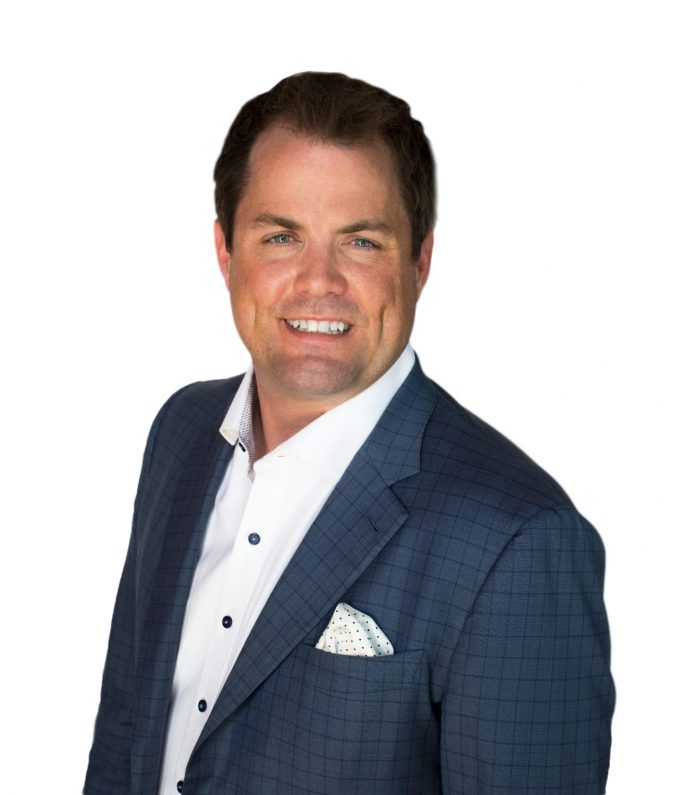There was a British gardening show where an expert came in to help homeowners design their yards. The show didn’t focus so much on horticulture, but on creating a space that would be meaningful to the individuals spending time there. Still, one could pick up on a thing or two, and learn a few simple do’s and don’ts when it came to light, soil and design. Then one episode caught my attention: a woman was struggling with where to place an attractive plant as a focal point. She asked repeatedly for the rule on where to put something like that, and the expert laughed and said something to the effect of, “Put it where you think best, and if you don’t like it there, move it.”
Her eyes got wide, and her shoulders relaxed, and suddenly all of the fear left her. She didn’t have to worry about being right or wrong, she could just try things and figure out what worked for her, and what worked for the plant. What a concept. It’s true in gardening and in most things in life: nothing’s permanent. Plants can be moved, schedules can be changed, and you even can go for a radical career change after 40 if what you’re doing doesn’t suit you. Trying something and not liking it isn’t failure. Failure is refusing to change what isn’t working.
Budding entrepreneur and business leaders often crave having those mythical set in stone, never-fail rules to success. Almost paradoxically, if you’re trying to be different from your competition, or approach your business in a different way, you need to consider breaking them, or at least trying something untested, and if that doesn’t work, trying something else.
For every excellent book or publication out there claiming the tried and true steps to success in any field, most of the largest and most successful companies in America got their start from breaking what was assumed to be a cardinal rule…at least back in their day. In hindsight it’s easier to see why these historical rule-breakings worked, but at the time, success wasn’t always assured.
Kris Lindahl isn’t a nationally known name…at least not yet. But visit Wisconsin, Minnesota, and most recently Colorado, and it’s hard to find someone who hasn’t heard his ads or seen his mug plastered across hundreds of billboards. He got his start in real estate during the housing crisis, and went on to found his brokerage, Kris Lindahl Real Estate, in 2018. He needed to grow his team quickly, but you need to have a license to be a realtor, and the certification is expensive. It’s a huge barrier to entry, and so he wasn’t finding enough realtors to add to his rapidly growing team.
Instead of waiting for qualified candidates to come to him, he decided to come to them instead, and offered a real estate scholarship to anyone with the right kind of people skills and determination to do well. He put ads out throughout social media, and he delivered on his promise, down to free training and books, with no obligation to join his team.
“Everyone in the industry told me it wouldn’t work, and that I was making a huge mistake,” Lindahl laughs. “But I just knew that if I found the right people, and removed the barrier, that’s all it would take. And when you invest in people and are willing to give them a chance, that means a lot to them.”
It certainly does. Lindahl’s team how consists of former bartenders, construction workers, restaurant managers, teachers and even a fashion designer. Once they got their license, they didn’t simply take it and leave. They stayed, and have overwhelmingly conveyed to Lindahl that the scholarship opportunity inspired lasting loyalty. Lindahl also provides personal mentorship and coaching to his team, so even newer agents can feel completely comfortable doing exceedingly complex transactions with oversight from senior team members.
But the numbers don’t lie. So how did a ragtag bunch of agents ranging in experience from veterans to first-year realtors do during one of the most challenging markets we’ve had since the housing crisis? They did very well, thank you very much, and the company surpassed $1 billion in sales in less than two years in operation. In fact, they’ve done so well that rival brokers…those same ones who told Lindahl his little scholarship would never work…are trying to poach his talent.
“There are always people who are going to tell you not to do something, because it hasn’t been done before. But that’s just not a good enough reason not to try it,” Lindahl concludes. “If it works, great. You learned something. And if it doesn’t work, you also learned something. Then go and try something else.”


